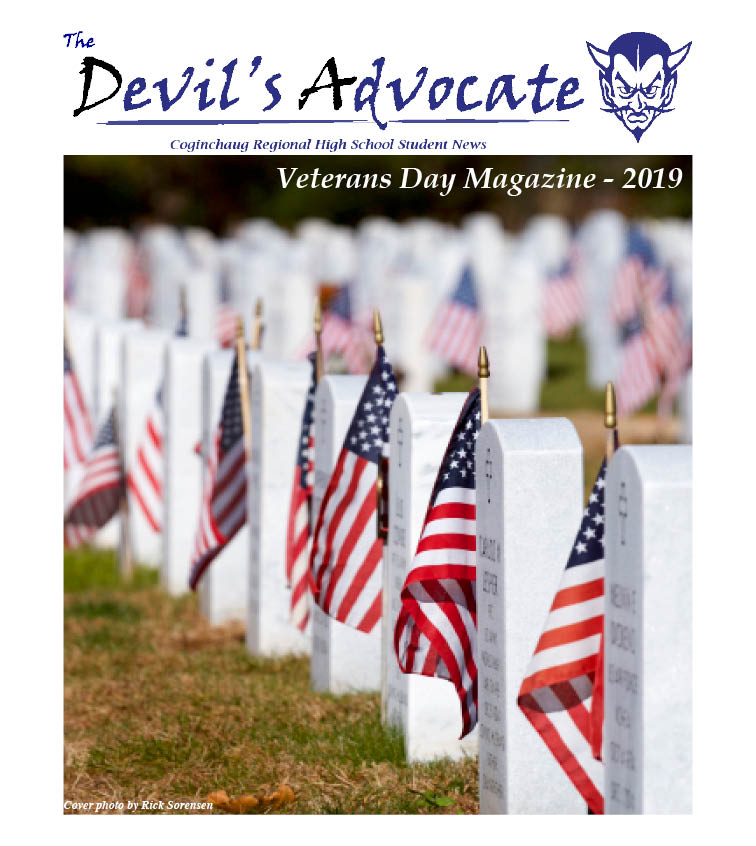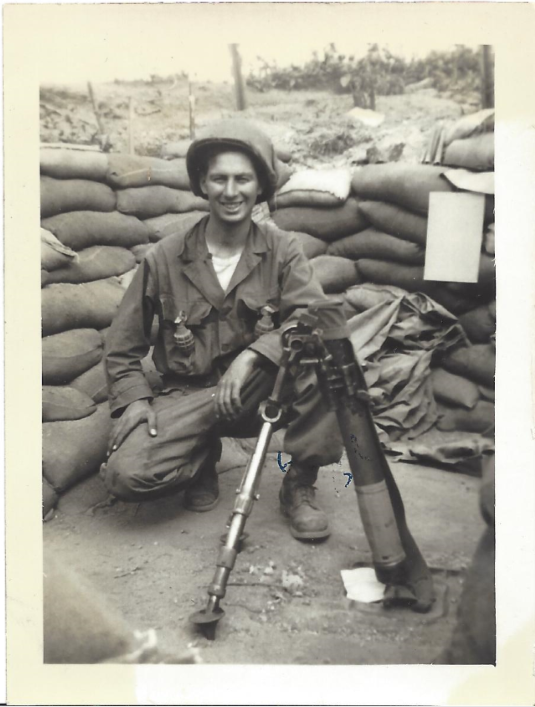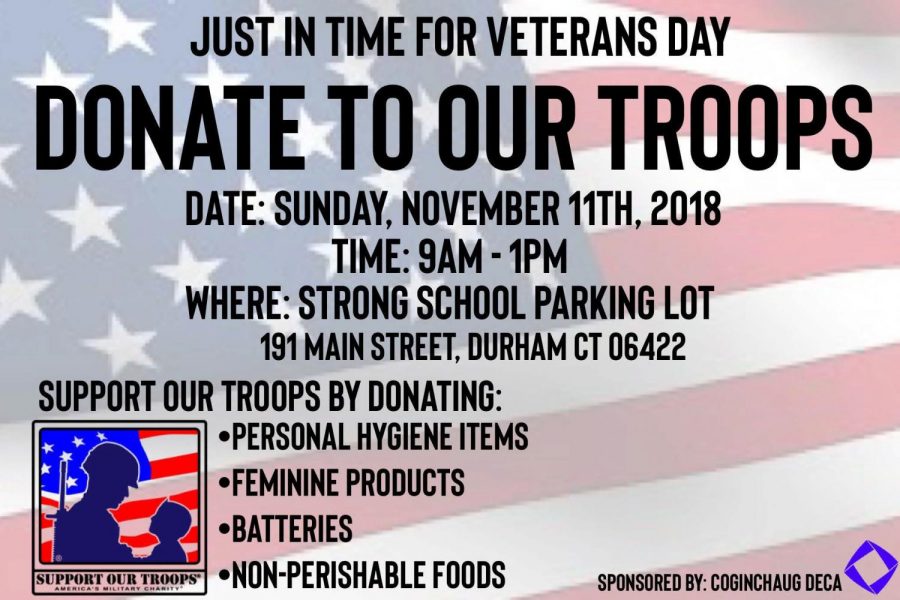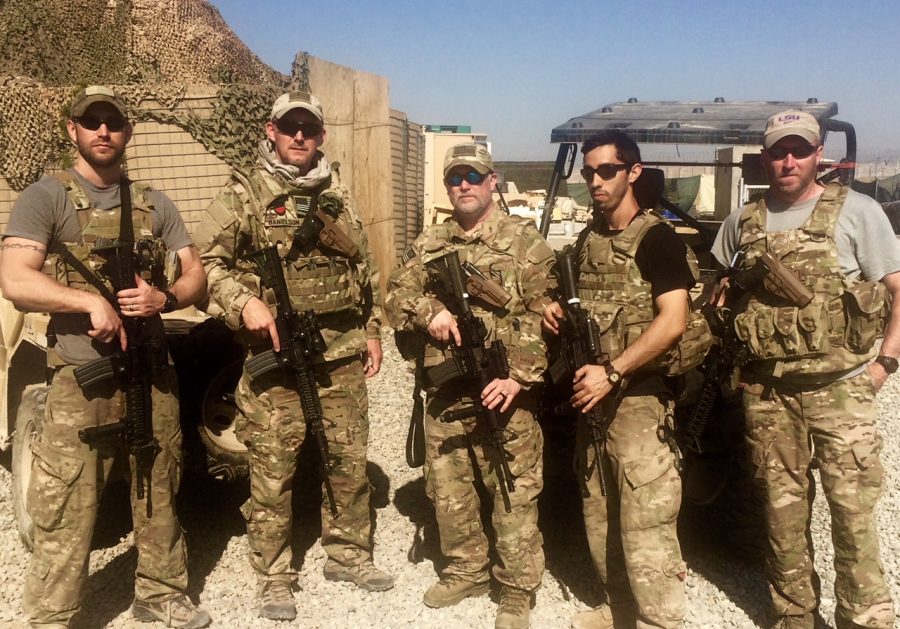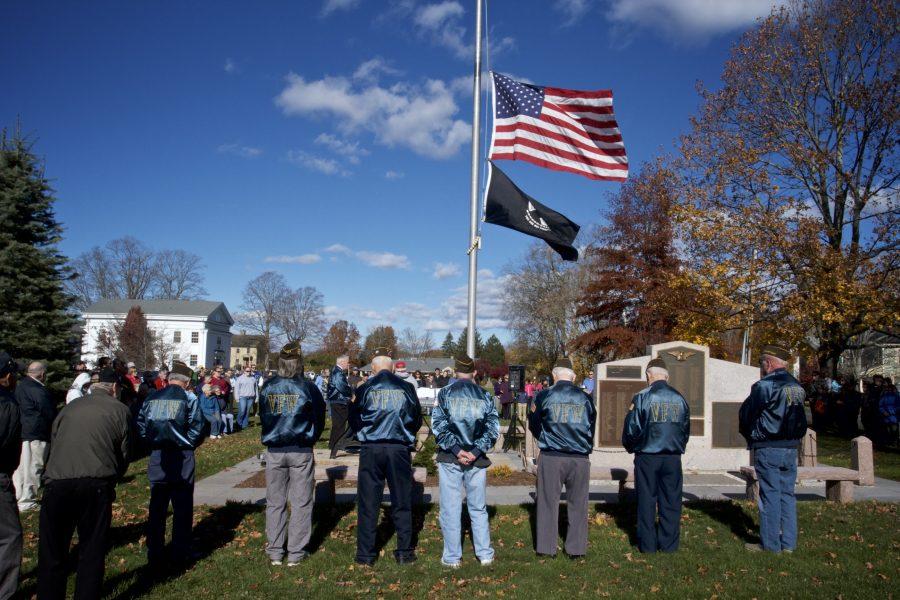John Linden. Fire Control
Cold War
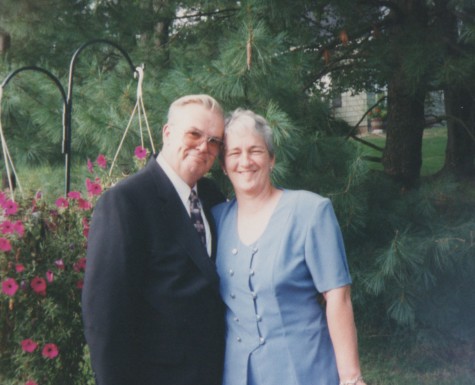
Did you volunteer for the Navy, or were you drafted into the Navy?
There was no draft for the Navy in 1962. There was a draft for the Army, but not the Navy. So I volunteered.
What was your experience working in the Navy like? (What sort of jobs were you expected to do?) I had to work on submarines, and I had to give the Navy six years. My job was fire control. In the Navy, fire control is aiming the weapon… aiming the gun. In this case it meant aiming the missile in a Polaris submarine. So I maintained the equipment that enabled the submarine to fire missiles.
What was your training like while in the Navy? I was in for six years, and I went to school for three of the six years to learn my job, and that’s why they wanted six years because they put so much money into me to learn my job. After three years, then I went to sea, and I spent three years at sea doing the job. I was taught all the basic electricity, and remember this was 1962 – it was a lot different from now with all the computers, you know. So I learned basic electricity and then basic electronics. And the computers today that you have on your lap was as big as… almost as big as a car then! Because they didn’t have the technology. We learned how to maintain that, how to keep it running.
What did you learn from being on a submarine during the Cold War? The skills I learned were electricity, electronics, and how to troubleshoot 1962 electronics. So, really, it’s like kindergarten today, but that was state of the art in 1962. It was really… kids today would laugh at it, you know? We had many problems at sea. That’s why we were there; we had to fix them! There’s nobody there when you’re on a submarine – I mean there’s nobody… you have to do it yourself.
Do you have any interesting stories about working in the Navy? Uh… I could probably keep you busy for a couple hours, but, uh… Have you ever heard of Admiral Rickover? You can look him up on the Internet, but Admiral Rickover was the father of the nuclear navy. If it wasn’t for Rickover, we wouldn’t have an early nuclear navy. He was tremendous. Anyway, he was a real son-of-a-gun… he was a hard man. And one day we were in Spain, and Admiral Rickover was inspecting the squadron. And so our captain said, “If Admiral Rickover comes on, let me know.” Well, he walked up and down the weather deck on the tender (we were tied up alongside a submarine tender) and every time he walked up and down, everybody got nervous, and they would say, “Here he comes! Here he comes!” And finally one time he really did come, and contrary to all Naval etiquette, he said to the topside watch – the men on watch – he said, “This is Admiral Rickover arriving. This is noo kidding! Nooo kidding! I’m not kidding!” Everybody laughed, but the kid got his message across, and the captain was very happy with it.
John Linden is my grandfather on my mother’s side. Nowadays, he is retired and lives with Carol Linden, my grandmother. In his spare time he likes to work with outdoors with mechanics and spend time with the Linden family.

